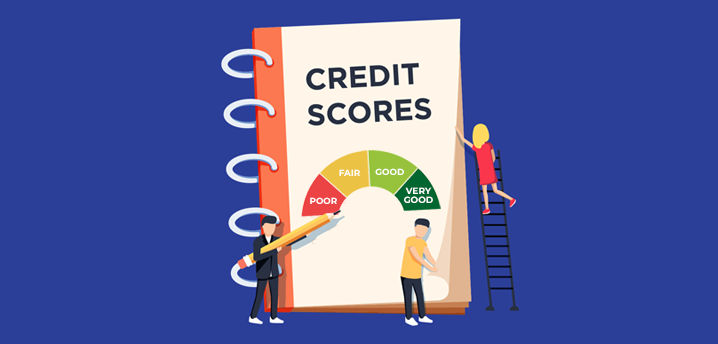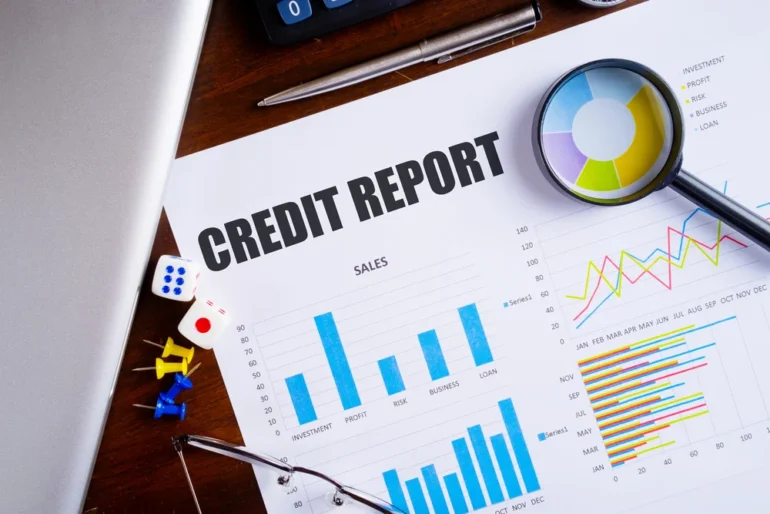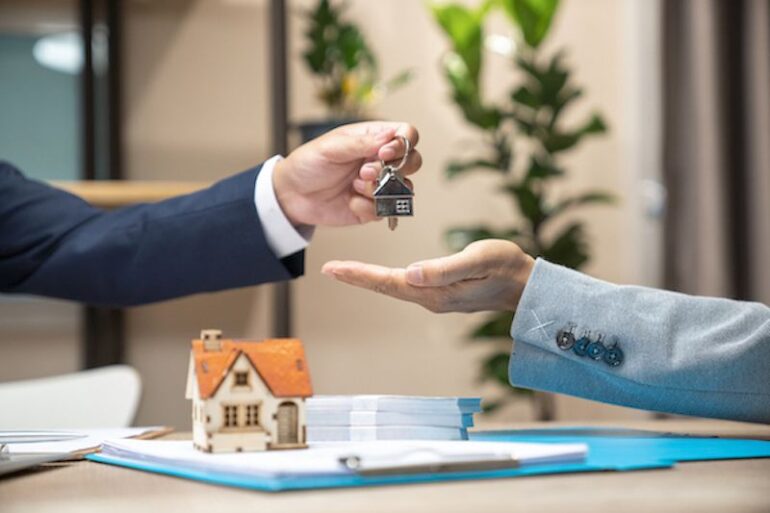Maintaining good credit after buying a home is important to secure financial stability in the long run of life. It ensures people can easily access loans, credit cards and mortgages-while enjoying lower interest rates and better terms. But it is easy to fall into bad credit habits after purchasing a home, but there are many tips and tricks available to assist individuals in maintaining good credit.
Credit repair companies may be a great resource for people who need to raise their credit scores as they could assist in – clarifying errors on credit reports, negotiate with creditors, and provide credit counselling services. However, there are several things that people can do on their own to keep their credit in good standing after purchasing a home.
Understanding Credit Scores

It is critical to understand credit scores when looking to purchase a home. A credit score is a measurement given to people that symbolises their creditworthiness. Lenders use credit scores to assess the likelihood that individuals will repay their debts on time.
Credit ratings are determined using various factors such as payment history, credit utilisation, length of credit record, and credit kinds used. Payment history accounts for 35% of credit scores. Credit utilisation, or the amount used compared to the total credit available, makes up 30%. Length of credit history accounts for 15%, while types of credit used make up the final 10%.
A good credit score can have a significant impact on home buying. It can help individuals qualify for better interest rates and mortgage terms, making home ownership more affordable. On the other hand, a poor credit score can result in higher interest rates and less favourable mortgage terms. Sometimes, it can even lead to mortgage applications being denied altogether.
To maintain and improve credit scores, individuals should pay bills on time, keep credit utilisation low, and avoid opening too many new lines of credit. It is also important to regularly monitor credit reports for errors and take steps to dispute any inaccuracies. By understanding credit scores and taking steps to maintain and improve them, individuals can increase their chances of securing a favourable mortgage and achieving their homeownership dreams.
Tips To Maintain Good Credit After Home Buying
After purchasing a home, it is important to maintain good credit and to keep a tab on your credit scores to ensure long-term financial stability. One of the best ways to achieve this is to pay bills on time. Late or missed payments can harm credit scores and make it harder to obtain loans or credit in the future.
● Pay Bills On Time

Anyone can set up automated payments to guarantee timely payments every time. In this manner- bills are received immediately on their due date, avoiding the necessity for manual payment and the danger of missing to pay. This is an easy and quick approach to staying on the front of payment and keeping your credit in good standing.
Individuals can set up payment reminders in addition to automatic payments. This can be handled by various means, such as email, text messages, or phone alerts. People who get reminders can ensure they remember to make payments, avoiding late fees and negative effects on their credit scores. Individuals can maintain strong credit after purchasing a property by timely repayment of debts and utilising recurring payments and pay.
● Payment Reminders

- Another crucial part of preserving excellent credit after purchasing a property is keeping credit utilisation low. Credit utilisation describes the amount of borrowing used concerning all the credit. They are lending companies to see credit utilisation at 30% or decrease, as this suggests personally liable use of credit.
- Individuals can begin by paying off credit card balances in full each month to keep credit utilization low. This ensures that credit usage remains manageable and doesn’t impact credit scores negatively. Individuals can also request a credit limit increase, which can lower credit utilization by increasing the total credit available.
- Another option to keep credit utilisation low is to spread credit card usage over multiple cards. This can keep individual card balances low and reduce overall credit utilisation. Paying off balances before the statement due date can also assist in lowering credit utilisation by minimising the amount reported to credit bureaus.
- By understanding credit utilisation and taking steps to keep it low, individuals can maintain strong finance after buying a home. This can help secure favourable mortgage terms and ensure a bright financial future.
Monitor Credit Reports Regularly

Monitoring credit reports timely is a super important step to maintaining good credit after buying a home. Credit reports provide a detailed summary of an individual’s credit history and help identify errors or fraudulent activity. By reviewing credit reports regularly, individuals can ensure that their credit information is accurate and up-to-date and take action to correct any mistakes.
There are many ways to monitor credit reports, including signing up for a credit monitoring service or requesting free credit reports from the major credit bureaus. Credit monitoring services typically provide real-time alerts for changes to credit reports, such as new accounts or changes in credit scores. Requesting free credit reports from the major credit bureaus allows individuals to review their credit information and identify potential errors or issues.
To monitor credit reports, individuals should also avoid opening new lines of credit unless necessary. Opening new lines of credit can harm credit scores, as it may indicate a higher risk of default. It can also be tempting to overspend with new credit accounts, leading to higher credit utilisation and lower credit scores.
There may be situations where opening a new line of credit is necessary, such as when applying for a car or business loan. In these cases, individuals should keep credit inquiries to a minimum and pay off the new debt as quickly as possible to minimise the impact on credit scores. By monitoring credit reports regularly and avoiding unnecessary new lines of credit, individuals can maintain good credit after buying a home and achieve their financial goals.
Conclusion

Purchasing a home is a significant investment that requires careful thought and planning. It’s crucial to familiarise yourself with the house purchasing process and deal with knowledgeable specialists, such as real estate agents and mortgage lenders. Remember to budget for all of the expenses associated with homeownership, including maintenance and repair costs. Finally, maintaining good credit is critical to one’s long-term financial health and can assist you in reaching your future objectives.






